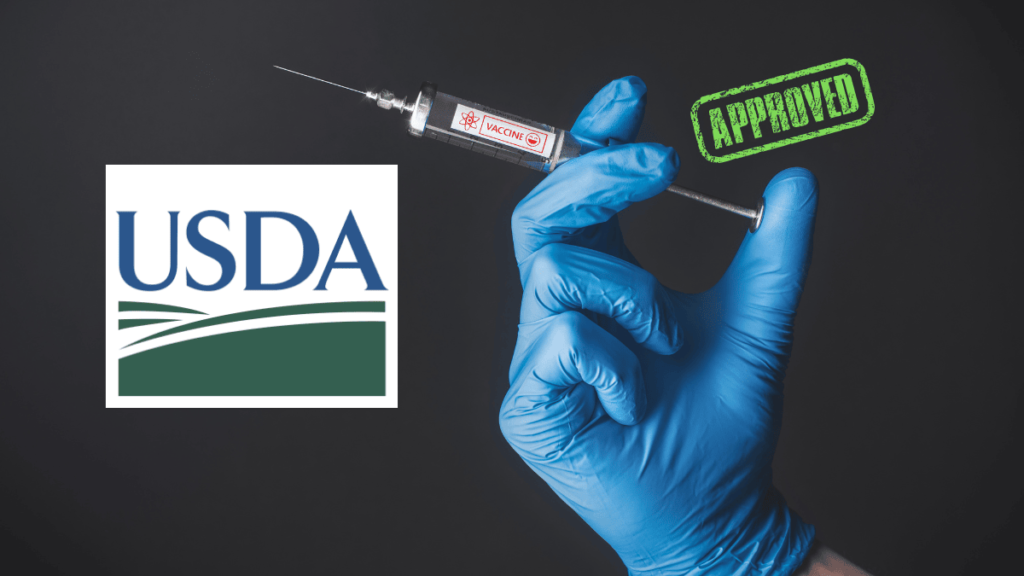The USDA has approved field trials for a new vaccine aimed at protecting dairy cattle from the H5N1 strain of avian influenza. This move follows calls from key agricultural groups to develop a safe vaccine for dairy cows, turkeys, and egg-laying hens. If successful, this trial could pave the way for a crucial tool to prevent future outbreaks and minimize economic losses in affected regions.
In response to the growing threat of Highly Pathogenic Avian Influenza (HPAI), which has impacted nearly 200 herds across the United States, the United States Department of Agriculture (USDA) has approved a new field trial for a vaccine aimed at preventing the H5N1 virus from infecting dairy cattle. The USDA’s Center for Veterinary Biologics is leading the effort, marking the first attempt to develop a vaccine for the dairy sector against this strain of avian flu.
While there are currently four licensed vaccines for avian influenza, none are approved for the current H5N1 strain. Several pharmaceutical companies are working on a solution, but only one has provided sufficient data for USDA Secretary Tom Vilsack to authorize a field trial. “Hopefully, we’ll be able to develop a vaccine in the near term with the information from this trial,” Vilsack stated, emphasizing the need for further research to confirm its safe and effective use in dairy cattle.
The announcement comes amid growing concerns from various agricultural sectors. In August, dairy and poultry groups, including the National Milk Producers Federation and the U.S. Poultry & Egg Association, submitted a joint letter urging the USDA to accelerate the development of a vaccine that could protect not only dairy cattle but also turkeys and egg-laying hens, which are at heightened risk of HPAI.
The vaccine, if successful, could serve as a crucial tool for farmers, particularly in states like Wisconsin and California, where dairy farming is a key part of the agricultural economy. It could also help mitigate the economic losses that have resulted from HPAI outbreaks, which have led to herd culls and disrupted production cycles across affected regions.
With this field trial approved, researchers are now focused on gathering data to determine the vaccine’s potential, with the hope of advancing to the next stages of development and ensuring its availability for wide-scale use. If the trial proves successful, it could be a significant breakthrough for both the dairy and poultry industries in managing and preventing future outbreaks of the virus.
Also Read- 2024 Avian Influenza H5N1 Detected in Dairy Cattle Across 13 U.S. States



